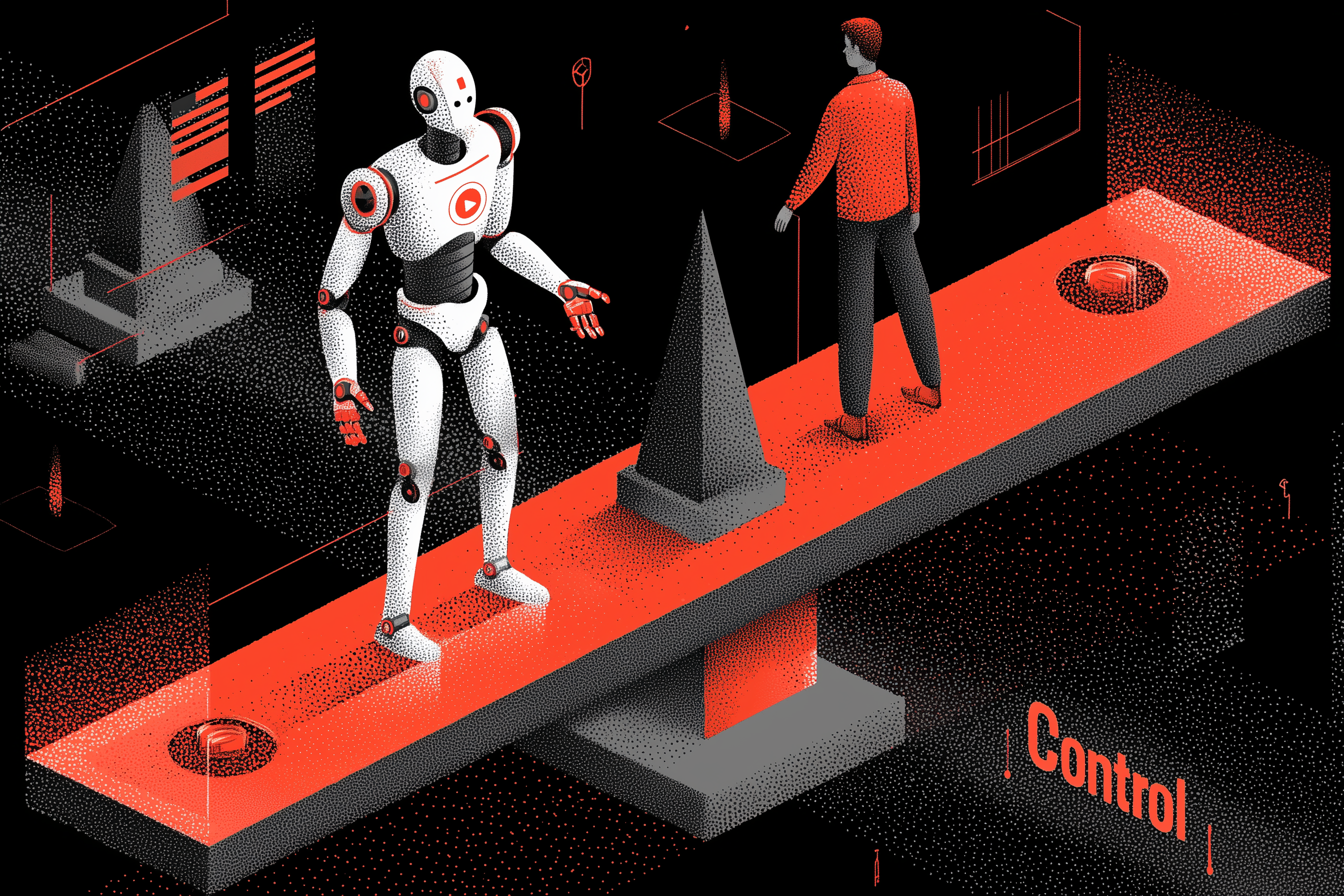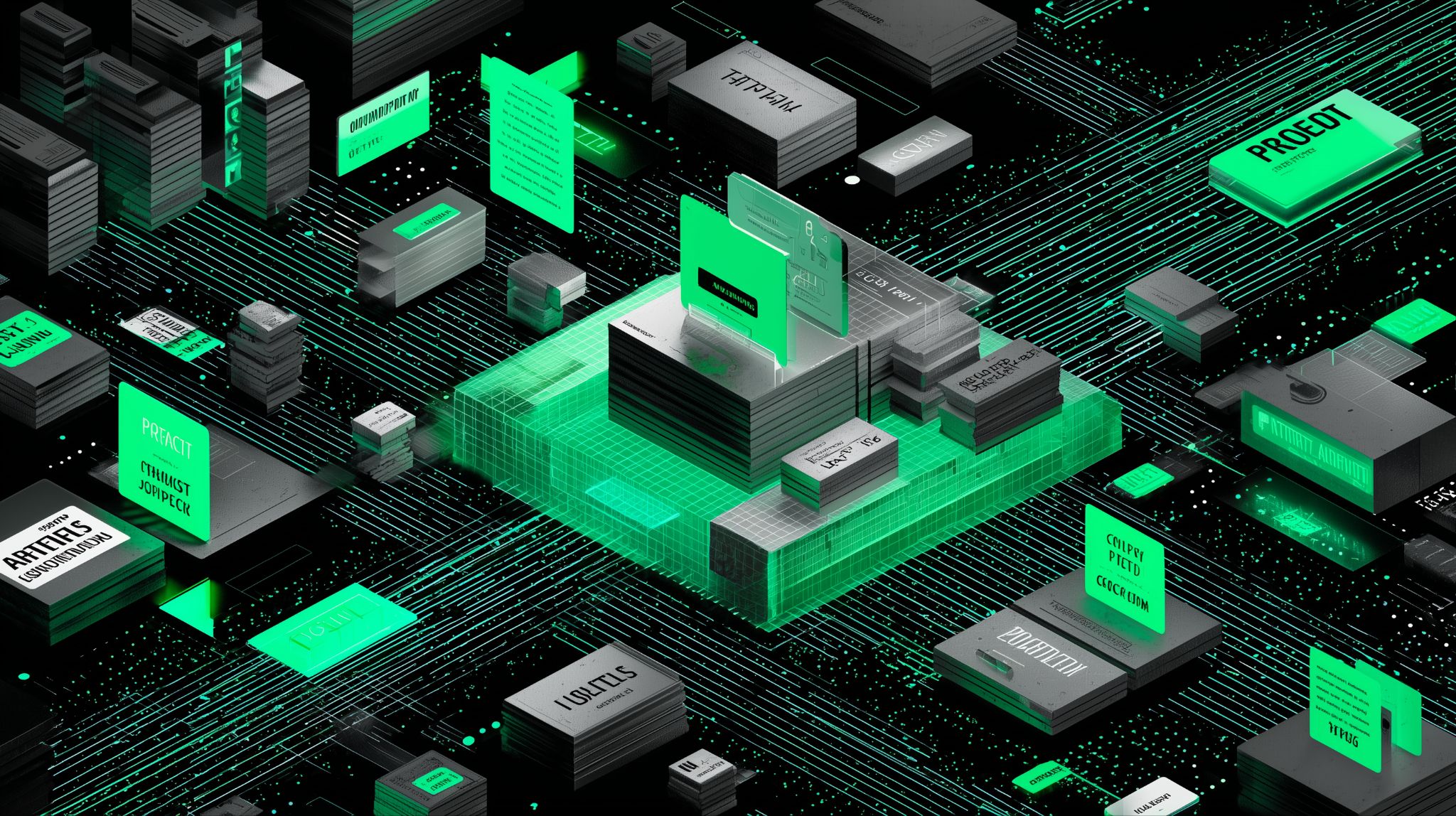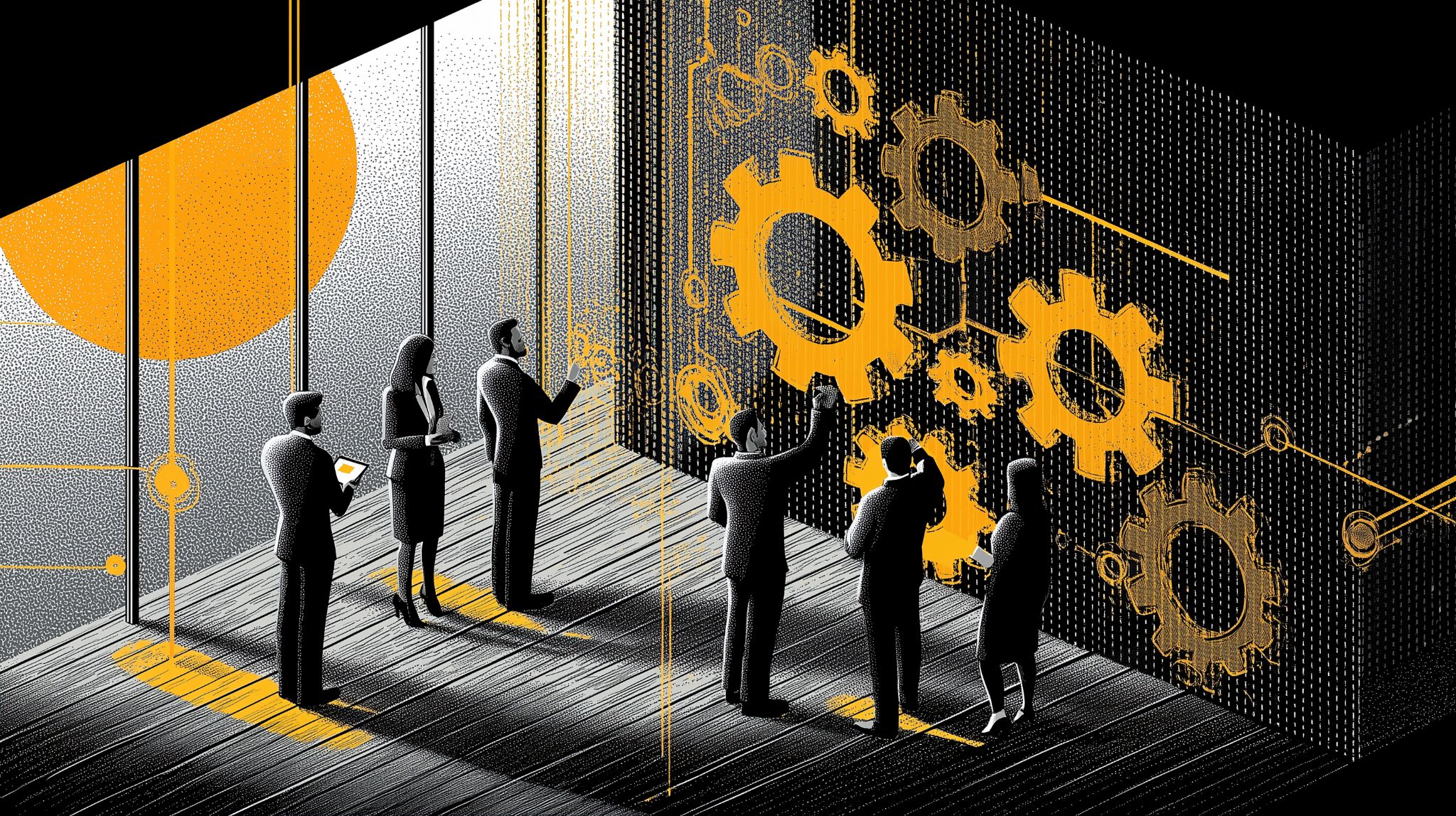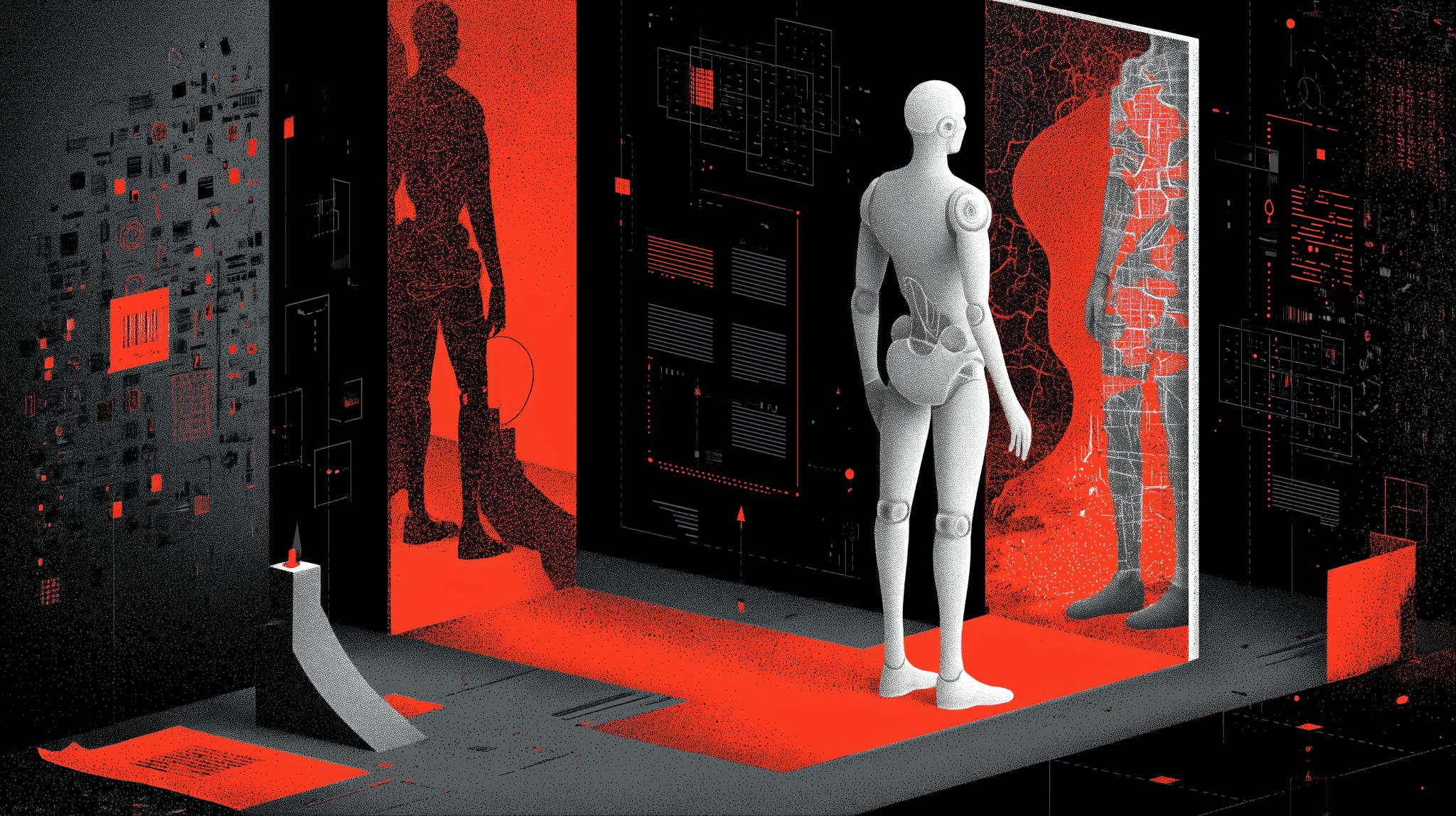AI Agentic and ethics : how far to let an intelligence act for you?

Agentic AI and Ethics: How Far Should You Let Intelligence Act on Your Behalf ? An Analysis of Challenges, Benefits, and Best Practices for Responsible Use
Agentic AI: Understanding the Ethical Limits of Autonomous Intelligence
Since 2024, a new milestone has been reached in the evolution of artificial intelligence. After the era of generative AI capable of producing text, images, or code, comes the rise of Agentic AI: intelligent systems able to act semi-autonomously to achieve a defined goal.
But this autonomy raises a crucial question: how far can we let AI act on our behalf ?
Far from science fiction, this question now concerns businesses, public institutions, and research labs. While Agentic AI promises unprecedented productivity, it also demands careful reflection on ethics and governance.
What Is Agentic AI?
Simple Definition
Agentic AI, or agent-based AI, refers to a class of artificial intelligence systems capable of perceiving their environment, planning actions, and executing tasks with minimal or no human supervision.
According to IBM Think, “AI agents are designed to act proactively toward defined objectives, interacting with digital systems much like a human collaborator would.”
In other words, Agentic AI doesn’t just respond to prompts; it initiates actions, learns from outcomes, and can make contextual decisions.
Difference from Generative AI
Generative AI (like ChatGPT or Midjourney) creates content on demand.
Agentic AI, on the other hand, orchestrates and executes multi-step workflows.
It can, for instance:
- Draft a report and send it by email,
- Schedule a post on social media,
- Manage a client database by applying predefined rules.
As explained by NVIDIA, these systems combine the capabilities of large language models (LLMs) with autonomous agents interacting with real tools.
Real-World Use Cases
In today’s organizations, Agentic AI already serves in several domains:
- Marketing campaign automation: agents can analyze performance data and suggest real-time budget adjustments.
- Smart customer support: agents handle recurring tickets and escalate complex cases.
- Regulatory compliance management: intelligent agents automatically track regulatory changes and alert legal or compliance teams.
Why Let AI Take Action?
Productivity Gains
The benefits are immediate: according to McKinsey & Company, a majority of organizations that have implemented AI solutions including autonomous agents report significant reductions in internal processing time and operational costs.
These systems free teams from micromanagement, enabling greater focus on strategy and creativity.
Supporting Human Capabilities
Agentic AI is not designed to replace humans but to support and complement their skills.
For example, a project manager can delegate planning or data collection tasks to an agent while maintaining decision control.
This well-structured collaboration creates a new hybrid model in which humans supervise while AI executes.
New Opportunities for Business
Industries such as logistics, finance, and marketing are rapidly adopting this model.
UIPath identifies several benefits:
- Faster time-to-market,
- Automated validation processes,
- Streamlined multi-project management.
However, this growing autonomy also demands a rethinking of responsibility and governance.
The Ethical Challenges: How Far Should AI Act?
Autonomy vs. Supervision
The primary ethical risk lies in loss of control.
An Agentic AI capable of learning from its actions could make unforeseen decisions if its framework is not clearly defined.
According to a study published on arXiv (2025), researchers emphasize that allowing fully autonomous AI systems to operate without human oversight greatly increases the risk of errors, bias, and unpredictable decisions, especially in critical environments.
Transparency and Explainability
How can one explain a decision made by an autonomous agent?
Agentic AI often relies on complex chains of computations.
The Harvard Business Review (HBR) recommends implementing auditability mechanisms, ensuring that every action executed by an agent is both traceable and reversible.
Bias and Discrimination
Biases in training data persist even in autonomous systems.
AI agents can reproduce discriminatory decisions if their training data is unbalanced.
A study published in Human-Computer Interaction showed that participants assisted by a biased AI made significantly more errors than those without AI assistance (2.21 errors vs 0.69; p < 0.001), underscoring the importance of human control in automated systems (Nature.com).
Security and Privacy
By interacting directly with business systems (CRM, ERP, messaging tools), Agentic AI often handles sensitive data.
Poor configuration can lead to data leaks or unintended actions.
IBM recommends permission segmentation and action logging as essential safeguards.
Legal Responsibility
Who is responsible for a mistake, the company, the developer, or the end user?
European law, via the AI Act, is still defining the boundaries of liability.
Until then, most organizations follow a principle of shared responsibility: humans set the limits, and AI operates within them.
Toward Responsible Governance of Agentic AI
Core Principles
To make Agentic AI an ally rather than a risk, three pillars must guide its use:
- Continuous human supervision (human-in-the-loop),
- Algorithmic transparency (logging, explainability),
- Ethics-by-design (controls, validation, auditing).
Implementation Best Practices
Before deploying an autonomous agent:
- Define its scope of action (authorized tasks, decision thresholds, alerts),
- Test and validate behavior in a simulated environment,
- Establish real-time monitoring and a rapid shutdown option.
Boundaries Not to Cross
Certain decisions must remain strictly human:
- Strategic business choices,
- Decisions directly impacting people (hiring, healthcare, safety).
Expert Quote
The tools and technologies we’ve developed are really the first few drops of water in the vast ocean of what AI can do. » BrainyQuote+1
Case Study: When AI Acts Without Oversight
A communication agency deploys an AI agent to manage digital advertising campaigns.
The agent monitors performance, adjusts bids, and schedules posts at optimal times, resulting in a 30 % reduction in coordination time.
However, during a sensitive campaign, the agent modifies an ad without human validation.
The incident leads to the introduction of a dual human-approval system before publication.
This scenario highlights the value of governance: AI can act, but never without human supervision in sensitive contexts.
Agentic AI: A Strategic Partner Under Human Governance
Agentic AI represents a major leap in intelligent automation.
It reshapes how teams create, plan, and execute work.
But to truly serve humanity, it must be guided by clear ethical principles.
Trust is built on transparency; responsibility on supervision.
With proper governance, Agentic AI won’t replace humans — it will become a reliable, strategic partner.
FAQ – Agentic AI and Ethics
What is Agentic AI?
AI capable of acting autonomously toward a goal, planning and executing tasks without constant human supervision.
Can we really trust Agentic AI?
Yes, provided that clear operating rules are defined and continuous human supervision is maintained.
What are the main ethical risks?
Loss of control, bias, data security issues, and lack of transparency in decision-making.
How can companies regulate the use of Agentic AI?
By establishing responsible governance: audits, traceability, human validation, and documented actions.
What is the regulatory status in Europe?
The European AI Act defines risk levels and requires mandatory human oversight for high-risk systems.



